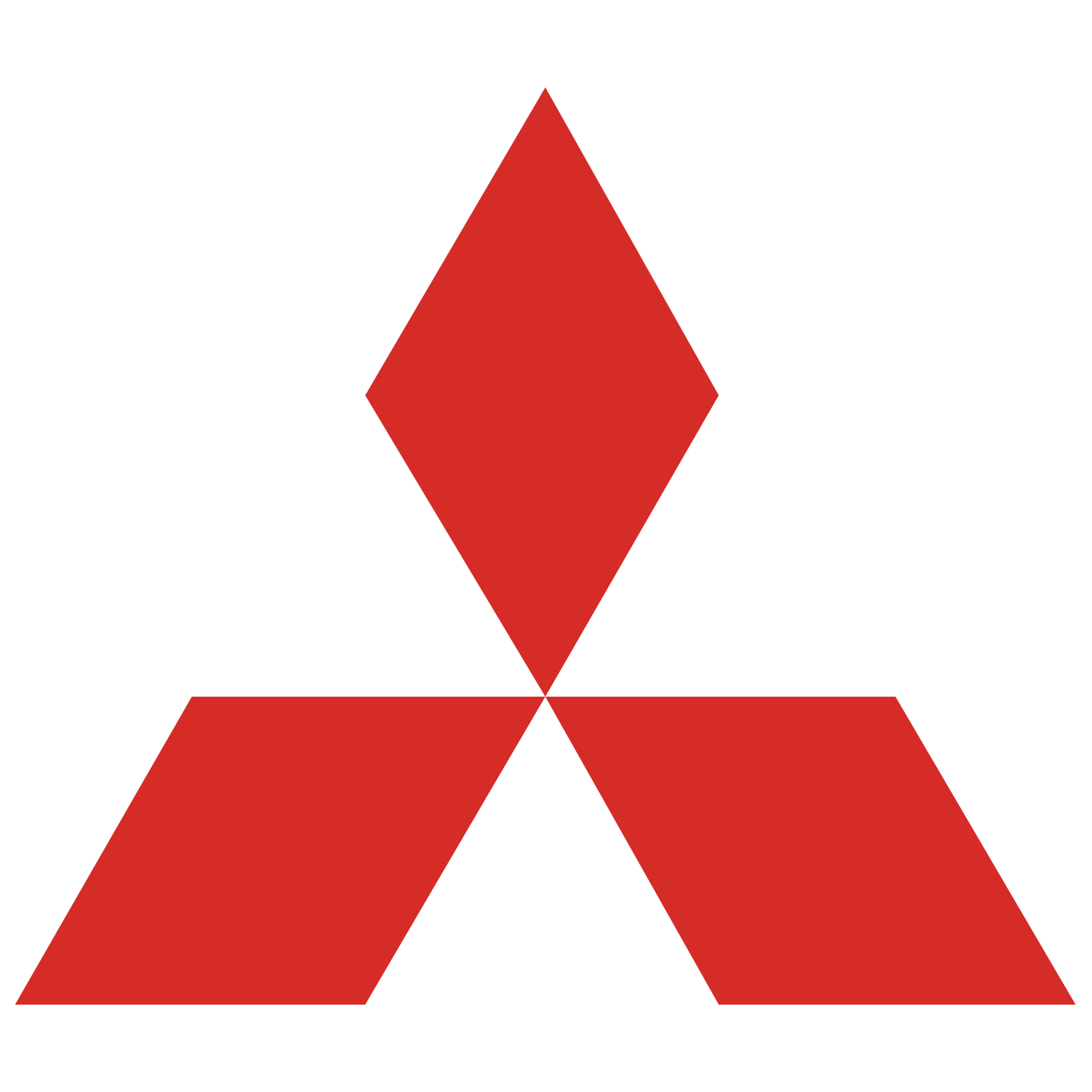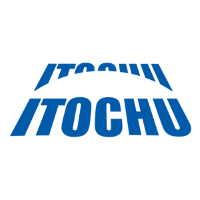
Travis Perkins PLC
LSE:TPK

Profitability Summary
Travis Perkins PLC's profitability score is 58/100. We take all the information about a company's profitability (such as its margins, capital efficiency, free cash flow generating ability, and more) and consolidate it into one single number - the profitability score. The higher the profitability score, the more profitable the company is.

Score
We take all the information about a company's profitability (such as its margins, capital efficiency, free cash flow generating ability, and more) and consolidate it into one single number - the profitability score. The higher the profitability score, the more profitable the company is.
We take all the information about a company's profitability (such as its margins, capital efficiency, free cash flow generating ability, and more) and consolidate it into one single number - the profitability score. The higher the profitability score, the more profitable the company is.

Score

Score
Margins
Profit margins represent what percentage of sales has turned into profits. Simply put, the percentage figure indicates how many cents of profit the company has generated for each dollar of sale.
Profit margins help investors assess if a company's management is generating enough profit from its sales and whether operating costs and overhead costs are being contained.
Earnings Waterfall
Travis Perkins PLC

|
Revenue
|
4.8B
GBP
|
|
Cost of Revenue
|
-4.1B
GBP
|
|
Gross Profit
|
629.1m
GBP
|
|
Operating Expenses
|
-514m
GBP
|
|
Operating Income
|
115.1m
GBP
|
|
Other Expenses
|
-132.5m
GBP
|
|
Net Income
|
-17.4m
GBP
|
Margins Comparison
Travis Perkins PLC Competitors

| Country | Company | Market Cap |
Gross Margin |
Operating Margin |
Net Margin |
||
|---|---|---|---|---|---|---|---|
| UK |

|
Travis Perkins PLC
LSE:TPK
|
1.2B GBP |
13%
|
2%
|
0%
|
|
| JP |

|
Mitsubishi Corp
TSE:8058
|
10.9T JPY |
11%
|
2%
|
6%
|
|
| JP |

|
Itochu Corp
TSE:8001
|
10.1T JPY |
16%
|
5%
|
6%
|
|
| JP |

|
Mitsui & Co Ltd
TSE:8031
|
8.5T JPY |
9%
|
3%
|
7%
|
|
| US |
W
|
WW Grainger Inc
XMUN:GWW
|
44.3B EUR |
39%
|
15%
|
11%
|
|
| US |

|
W W Grainger Inc
NYSE:GWW
|
47.1B USD |
39%
|
15%
|
11%
|
|
| US |

|
Fastenal Co
NASDAQ:FAST
|
43.6B USD |
45%
|
20%
|
15%
|
|
| US |

|
United Rentals Inc
NYSE:URI
|
40.8B USD |
40%
|
26%
|
17%
|
|
| US |

|
Ferguson Enterprises Inc
NYSE:FERG
|
32.6B USD |
30%
|
6%
|
4%
|
|
| IN |

|
Adani Enterprises Ltd
NSE:ADANIENT
|
2.7T INR |
52%
|
11%
|
4%
|
|
| JP |

|
Sumitomo Corp
TSE:8053
|
4.3T JPY |
20%
|
6%
|
6%
|
Return on Capital
Return on capital ratios give a sense of how well a company is using its capital (equity, assets, capital employed, etc.) to generate profits (operating income, net income, etc.). In simple words, these ratios show how much income is generated for each dollar of capital invested.




Return on Capital Comparison
Travis Perkins PLC Competitors

| Country | Company | Market Cap | ROE | ROA | ROCE | ROIC | ||
|---|---|---|---|---|---|---|---|---|
| UK |

|
Travis Perkins PLC
LSE:TPK
|
1.2B GBP |
-1%
|
0%
|
4%
|
651%
|
|
| JP |

|
Mitsubishi Corp
TSE:8058
|
10.9T JPY |
12%
|
5%
|
2%
|
2%
|
|
| JP |

|
Itochu Corp
TSE:8001
|
10.1T JPY |
16%
|
6%
|
7%
|
5%
|
|
| JP |

|
Mitsui & Co Ltd
TSE:8031
|
8.5T JPY |
14%
|
6%
|
4%
|
3%
|
|
| US |
W
|
WW Grainger Inc
XMUN:GWW
|
44.3B EUR |
59%
|
22%
|
41%
|
31%
|
|
| US |

|
W W Grainger Inc
NYSE:GWW
|
47.1B USD |
59%
|
22%
|
41%
|
31%
|
|
| US |

|
Fastenal Co
NASDAQ:FAST
|
43.6B USD |
33%
|
25%
|
39%
|
28%
|
|
| US |

|
United Rentals Inc
NYSE:URI
|
40.8B USD |
31%
|
10%
|
17%
|
12%
|
|
| US |

|
Ferguson Enterprises Inc
NYSE:FERG
|
32.6B USD |
5%
|
2%
|
4%
|
2%
|
|
| IN |

|
Adani Enterprises Ltd
NSE:ADANIENT
|
2.7T INR |
9%
|
2%
|
9%
|
5%
|
|
| JP |

|
Sumitomo Corp
TSE:8053
|
4.3T JPY |
9%
|
4%
|
5%
|
4%
|
Free Cash Flow
Free cash flow (FCF) is the money a company has left over after paying its operating expenses and capital expenditures. The more free cash flow a company has, the more it can allocate to dividends, paying down debt, and growth opportunities.
If a company has a decreasing free cash flow, that is not necessarily bad if the company is investing in its growth.



















































 You don't have any saved screeners yet
You don't have any saved screeners yet
